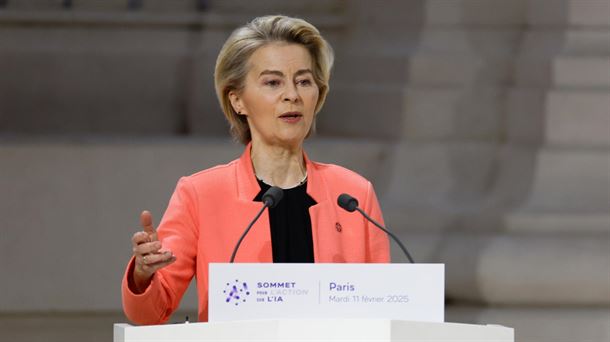An 80% rate hike exacerbates the discomfort for privatized companies that profit from monopolies
The extraordinary rise in energy prices for consumers in the UK has led to a mismatch between the views of citizens and politicians. 47% of Conservative Party voters support energy nationalization and 79% of Labor voters support the idea, but neither side is considering it.
The survey by the company YouGov, which also records a large majority of supporters of nationalization among Liberal Democrat voters, was released after announcing last Friday an 80% increase in the average rate of a household with dual gas and electricity supplies. supply contract, starting in October.
The study reflects the emotional impact of the new prices – 4,143 euros a year – among citizens, but well-known experts such as Oxford University economics professor Sir Dieter Helm, who has advised conservative governments, confirm that the system was introduced three decades ago. created by privatization ‘doesn’t work’.
Helmet refers in particular to energy and water. The water regulator’s annual report shows that they dumped wastewater into rivers and coasts for 2.7 million hours (provoking an outcry from a French MP) and leaked a billion liters down the drain. .
The energy market would be distorted by the low correlation between the price of electricity and the cost of generation. In the case of water, Helm says, companies in the sector have been taken over by financial funds that pay large dividends and incur large debts, which save them from paying taxes. The regulators – Ofgem and Ofwat – would operate without a long-term perspective, pressured by interests that benefit from this complexity.
The privatization of public companies was a key flag of the decade of Margaret Thatcher’s government. His first term in office saw the privatization of companies recently nationalized by Labour. In the second case, the sale of public infrastructure (oil, gas, electricity, water, telephony…) was the standard at its best moment. And his example was followed in other countries.
Complaints against privatized companies are more common when they work with monopolies. The barriers to entry in the gas and electricity transmission and distribution market are as high as those that exist to create an alternative rail network to the existing one, thus providing competition that improves services and prices. There are also no options to contract the water supply with another company that is not the regional monopoly.
Nationalization seems very unlikely. The only relevant politician in favor of “keeping this idea on the table” is the Scottish Prime Minister, Nicola Sturgeon. It has two major electricity companies in its country, SSE and Scottish Power (local branch of Iberdrola). Keith Anderson, CEO of the latter, has proposed freezing rates and creating a deficit fund, estimated at some 100,000 million, guaranteed by the state, which could dilute extraordinary costs for a decade or two.
During the Labor leadership campaign, Sir Keir Starmer pledged to stick to the nationalization of energy, water, post and railways in the party’s 2017 and 2019 election manifestos, incompatible with his fiscal plans. Liz Truss, a possible successor to Boris Johnson as head of the conservatives, is not proposing nationalization.
Source: La Verdad
I am an experienced and passionate journalist with a strong track record in news website reporting. I specialize in technology coverage, breaking stories on the latest developments and trends from around the world. Working for Today Times Live has given me the opportunity to write thought-provoking pieces that have caught the attention of many readers.



